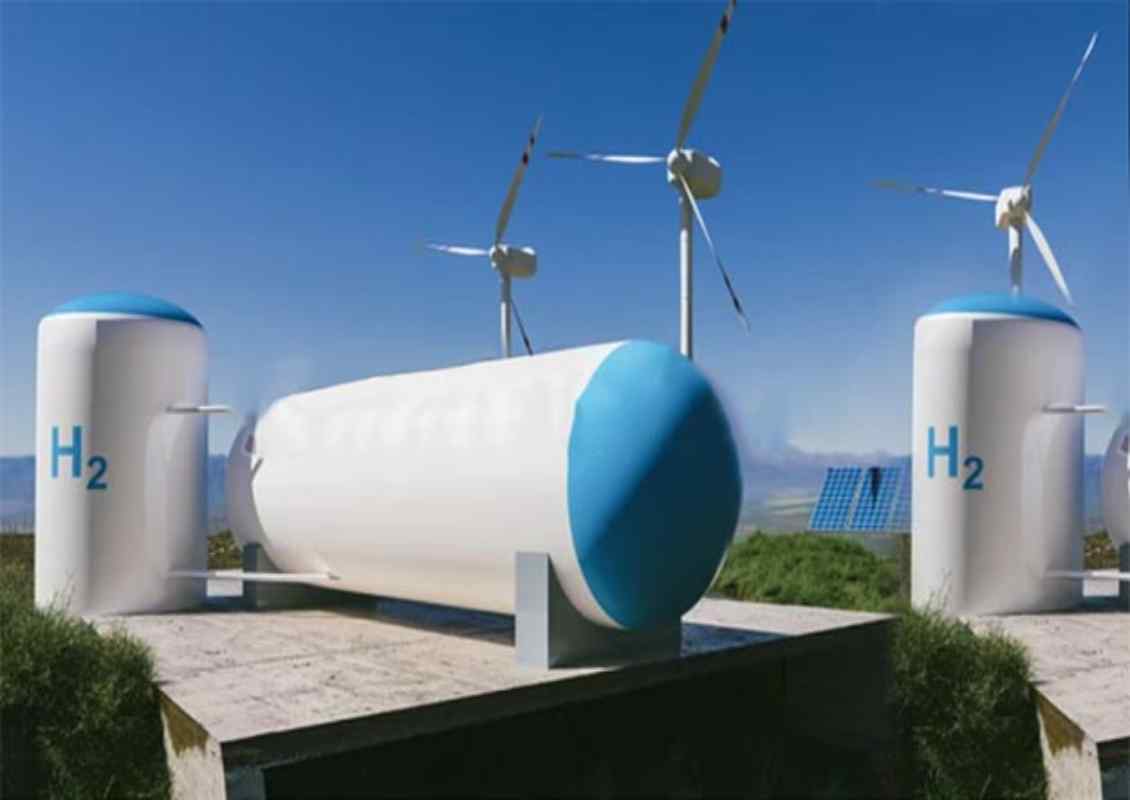Welcome To ChemAnalyst

On 18th March 2021, British oil and gas MNC BP Plc announced its new ambitious Blue Hydrogen project in Teesside which will be the largest Blue Hydrogen production facility in UK. This project has targeted 1GW of Blue Hydrogen production by 2030, which will bring the UK government closer to its target of achieving 5GW Hydrogen production by 2030.
The proposed project, H2Teesside would be based in North-eastern region of England and the production shall begin in 2027. The project’s final investment decision (FID) is expected to come in 2024, after approval of concerned authorities.
BP is very optimistic regarding this project and is expecting to decarbonise the industrial cluster with its huge and low-cost production capacity of Hydrogen. This ambitious project could also support the domestic household demand and provide fuel for heavy transportations in Teesside by 2030. H2Teesside has also planned to capture 2 million tonnes of by-product CO2 every year and send for storage. As per the company’s press release, it has started the feasibility study of the project to explore potential technologies that could help to cut up to 98% of carbon emissions from the involved production process.
BP has assiduously planned to integrate this project with other zero carbon emission projects operated by them such as Net Zero Teesside (NZT) and carbon capture use and storage (CCUS). In addition, the company has already signed an MoU with Venator, one of the largest global producers of Titanium Dioxide (TiO2) pigments and performance additives, to secure the supply of Hydrogen at its flagship project at Teesside.
This is an ambitious project which will design the zero-carbon emission architecture of UK. Teesside industrial cluster’s total carbon emission accounts around 5% of the total UK emission and this clean Hydrogen would help to reduce it effectively. Furthermore, it is initial step towards completing decarbonisation of the UK industries. Hence this project carries additional importance to enhance market sentiments when the world is already drifting towards adopting Hydrogen as a clean fuel.
Blue hydrogen is produced by using Natural Gas as a feedstock via steam-reforming technique which releases CO2 (Carbon dioxide) gas as a by-product. As per ChemAnalyst, the production of Blue hydrogen along with adequate carbon capture storage (CCS) has gained huge attention of the industry players. Due to its economic feasibility and associated industrial advantages to curtail the fossil fuel usage, the industry is likely to boom in the coming decades.
We use cookies to deliver the best possible experience on our website. To learn more, visit our Privacy Policy. By continuing to use this site or by closing this box, you consent to our use of cookies. More info.
